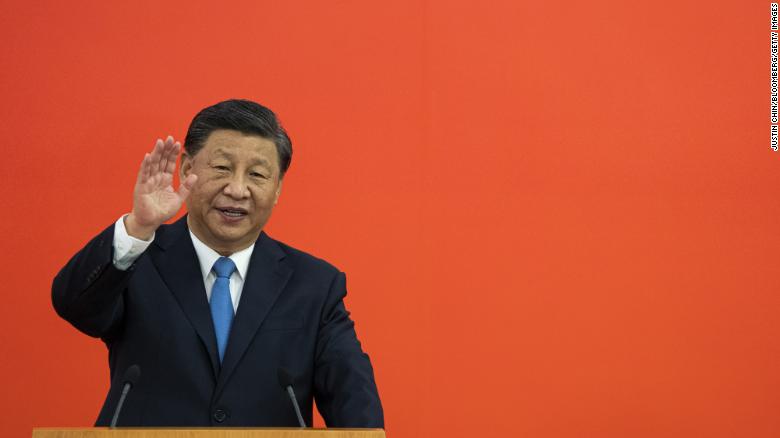On its journey towards progress, a developing country requires support of its international peers in the form of capital, industrial goods and technology. Various African countries going though the development phase have to rely on the support of their more developed counterparts for finance, technical knowhow and sophisticated products. In present times, many of them are heavily sourcing from China to augment their defense, economy, infrastructure and delivery of public services. However, in many cases the immense trust placed by these countries is not reciprocated by Beijing in the same spirit.
Kenya is one such country which is facing serious problems on this count. During the last few years, it has established significant trade ties with China by actively sourcing from it to fulfill its various needs. The last decade witnessed sizeable growth of its imports from China due to Kenya’s expanding infrastructure owing to its engagement on Belt and Road Initiative. However, the trade balance heavily favors China which is reflected by the fact that Kenya’s imports from China stand at 97 percent, while its exports to China were only 3 percent. The imbalance is accentuated by the fact that China’s main exports to Kenya are electrical equipment and machinery, predominantly used in the construction sector, while Kenya mainly exports mineral ore slag, soda ash and some agricultural products, etc.
A rapid growth in Chinese loans was also seen during the last decade. By the end of 2021, China became the leading bilateral creditor to Kenya, representing about 67 percent of its external debt. The lopsided trade and investment ties are gradually alarming the Kenyan policy makers and underscoring the need to review policy towards China. The calls for policy review withstanding; Kenya’s huge reliance on China for its technical equipment is apparently undermining various security and public services in the country due to quality issues.
Recently, Kenyan Armed Forces reported substantial faults in drones procured from Chinese suppliers, which was causing them to crash frequently. Apart from undertaking further inquires on the matter, the Kenyans were reportedly demanding clarification from the supplier company, M/s CETCI of China.
Other Kenyan departments are getting jostled with similar problems. The Nairobi Metropolitan Services (NMS) is facing the brunt of negligence on the part of Chinese companies undertaking public work. NMS had awarded a contract for Water, Sewer Extensions and Street Lighting in various areas of Nairobi to China Road and Bridge Corporation (CRBC). The civic authority is now accusing the Chinese operator of unmanageable rise in compliance issues resulting into public inconvenience and even accidents. It is learnt to have sought explanation from CBRC on two accidents involving children at its project site. Reprimanding the Chinese company on violation of contract terms related to safety, security and protection of the Environment, the NMS has reportedly asked CBRC to report to Directorate of occupational Safety and Health Services (DOSHS), Kenya.
Notably, the controversy is not the only one for CBRC as it recently faced backlash on social media for its corrupt practices and discrimination against the Kenyans. The company was awarded the contract for constructing Western Ring Road Project in Kenya. This China funded expressway project is being criticized not only for high cost but also for planning to charge arbitrarily high toll charges from the Kenyans. Earlier, the company had been ‘debarred’ by the World Bank in 2009 for engaging in corrupt practices in the Philippines.
Unfortunately, the problems with Chinese companies are not limited to quality and service issues. Kenyan public is increasingly resentful about the work ethics, moral and environmental practices of the Chinese companies working in the country. The environmentalists in Kenya have argued that the massive cutting down of trees to implement the expressway project by CBRC could damage the local climate.
Reducing reliance on other major trade partners cannot be a solution for a developing country in short or medium terms. The problem is quite apparent for Kenya given its high level of engagement with Beijing. However, an insistence on quality and a regard for local norms can be good start towards this end.

